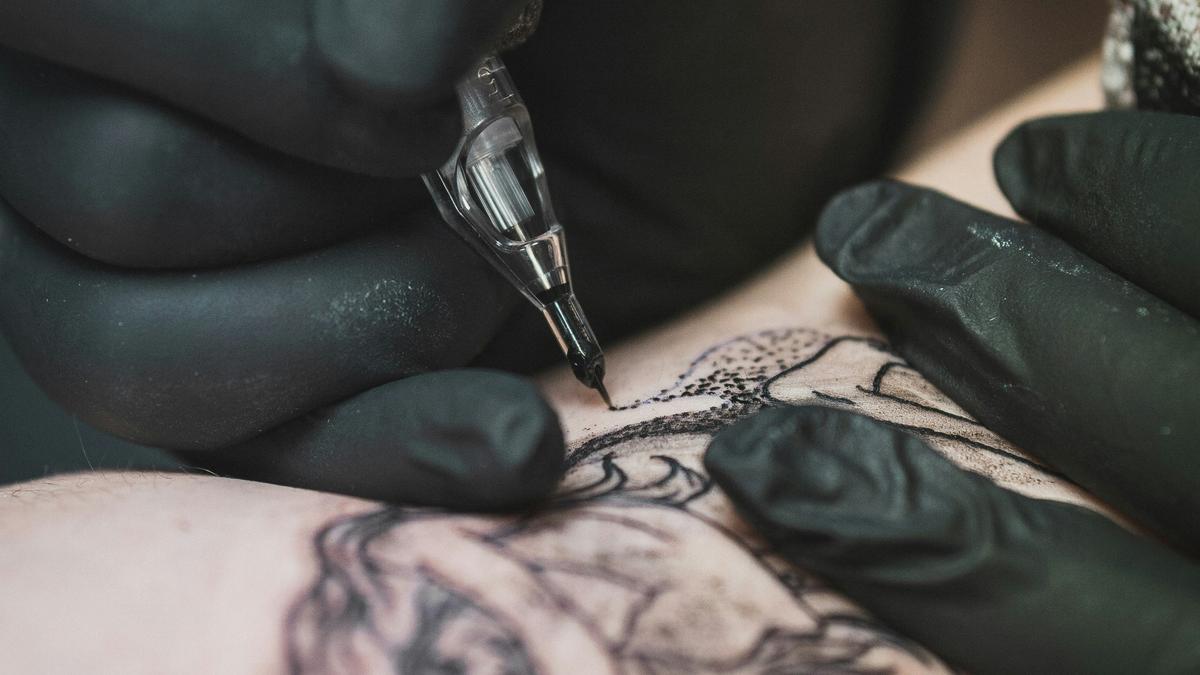
Why do people get tattoos? Twin study says it’s nurture, not nature Premium
The Hindu
University of Southern Denmark researchers find nurture, not nature, influences tattoo propensity in twins, debunking genetic influence theory.
Why do some individuals get tattooed while others don’t? Is it because of differences in their genes?
Researchers from the University of Southern Denmark in Odense recently addressed these questions. Their findings, reported in February in the journal Behavior Genetics, showed that differences in an individual’s propensity to get tattooed were not due to nature but because of nurture.
‘Nature’ here refers to an intrinsic, genetically-determined predisposition that affects one’s behaviour. ‘Nurture’ denotes extrinsic factors such as one’s education, culture, family, and peers.
A tattoo is an indelible design registered on the skin by injecting inks and dyes into a skin layer called the dermis. There, the pigment particles become engulfed and subsequently kept in place by cells of the body’s immune system, making them permanent.
In 1991, hikers stumbled on the naturally mummified remains of a man since named Ötzi the Iceman in northern Italy. Scientists found that he lived more than 5,000 years ago and had tattoos. Today, many sports and entertainment celebrities also sport tattoos — as do their fans, and indeed anyone who wishes to bear symbols they consider important or significant to themselves on their person.
Since adding any foreign substance to one’s body is a health risk from a medical viewpoint, studying the long-term effects of tattooing on public health has been an important research focus.
If two offspring are born from the same pregnancy, they are called twins. The offspring can be genetically identical or non-identical. Identical twins share all of their genes while non-identical twins share on average only 50% of their genes.





















 Run 3 Space | Play Space Running Game
Run 3 Space | Play Space Running Game Traffic Jam 3D | Online Racing Game
Traffic Jam 3D | Online Racing Game Duck Hunt | Play Old Classic Game
Duck Hunt | Play Old Classic Game